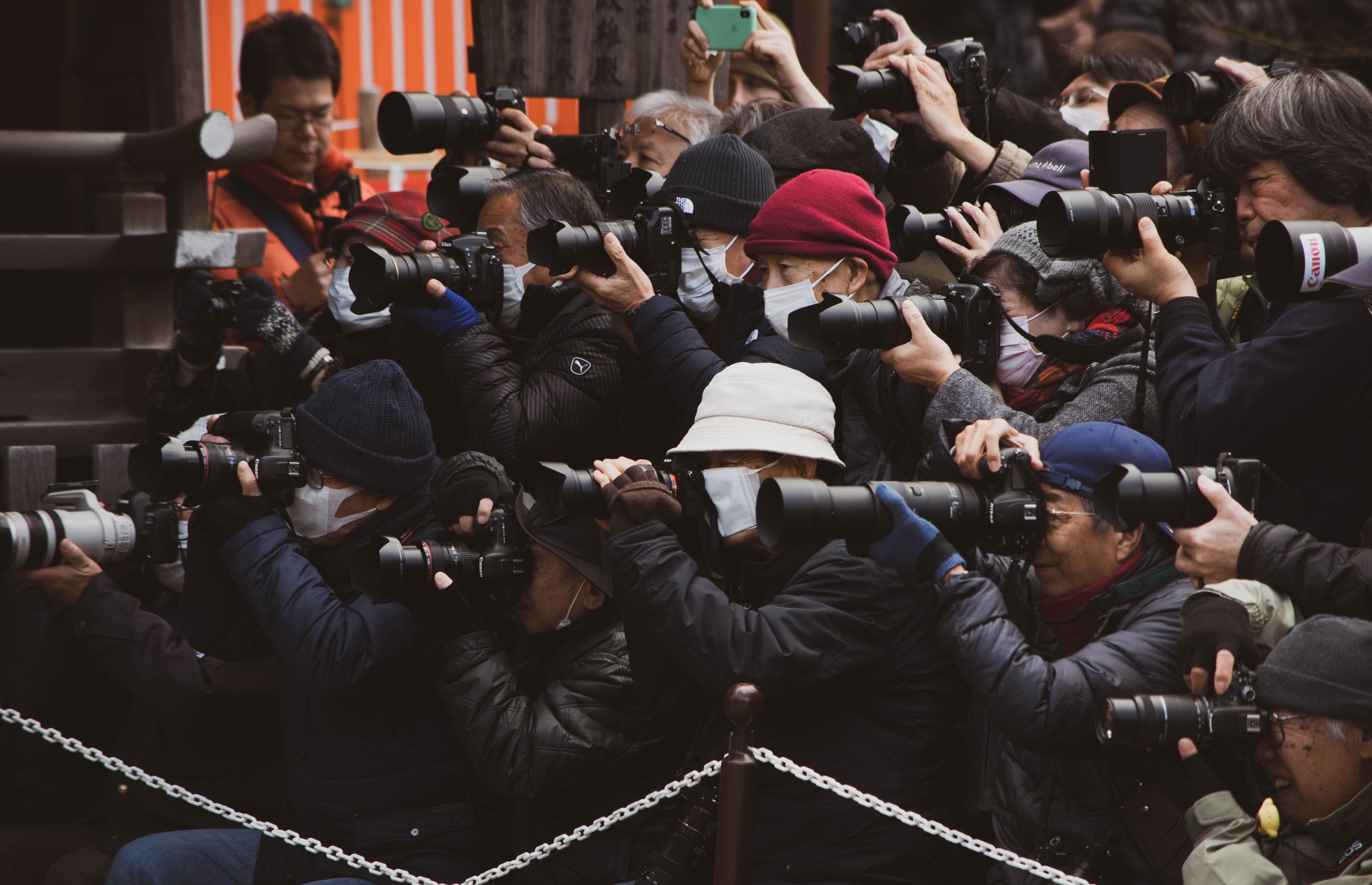Protecting privacy
Can any of us have a reasonable expectation of privacy in an age of mobile phones, drones and the internet?
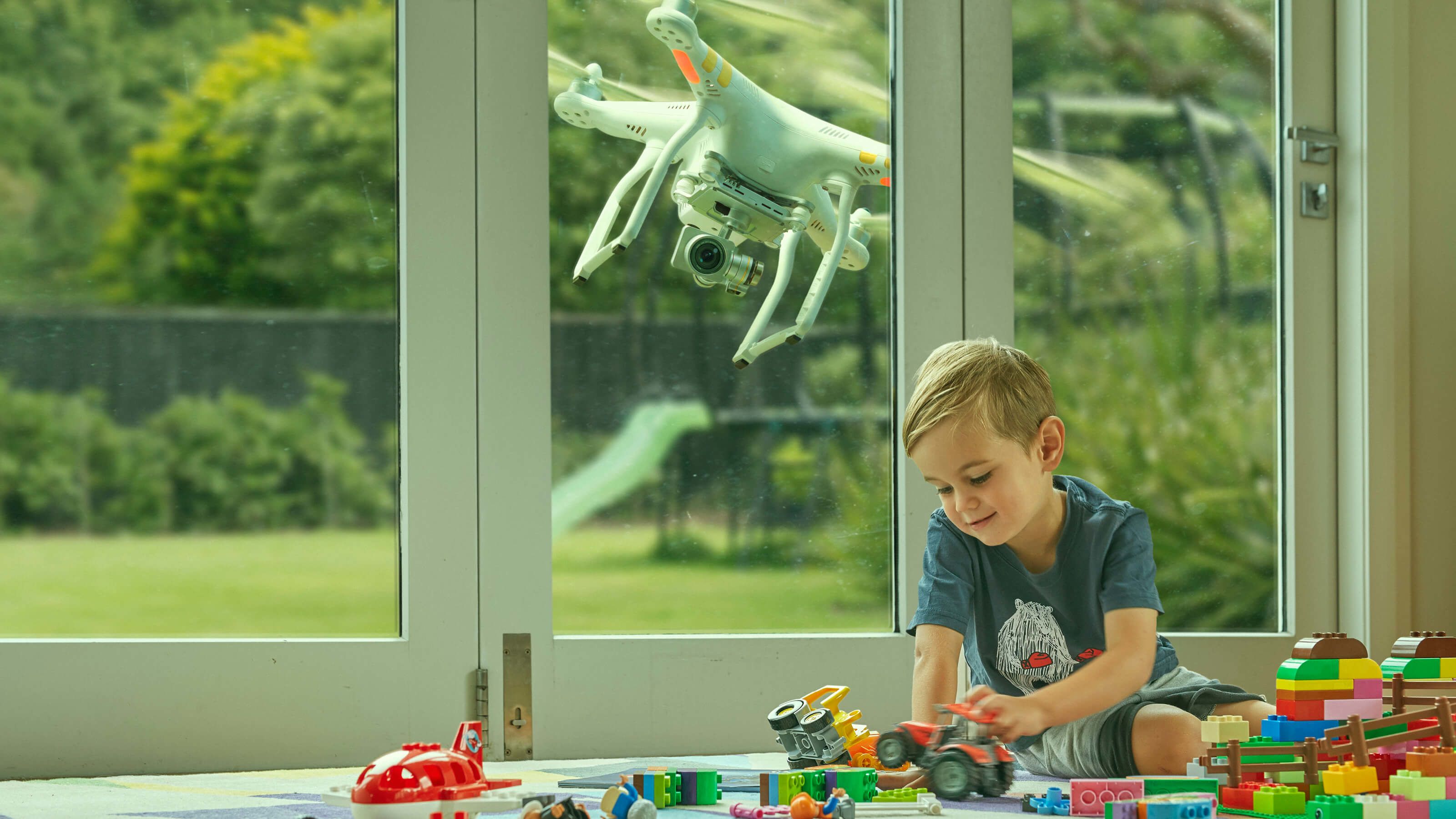
Who's keeping an eye on the kids—can we truly protect our privacy?
Most of us would probably agree that people should have the choice to seek privacy. Treating someone just as something to be looked at, found out about or reported on against their wishes takes away respect for them.
However, the internet and today’s media are full of stories and images that do just that—intruding on people’s private moments and broadcasting them for the world to see. No matter who we are, when that choice is taken from us, we feel outraged and violated.
Researchers at Te Herenga Waka—Victoria University of Wellington are homing in on important questions of privacy. When do we have a reasonable expectation of privacy and how can we effectively protect it?
The use of today’s technology, such as drones, is changing our very idea of privacy in both the virtual world and the real world. Our view of public space and private activity is blurring. If there’s a window, someone could be watching.
Is privacy dead?
Dr Nicole Moreham, a Professor at the University’s School of Law, is researching the legal and practical aspects of privacy protection.
“Some people say that we live in a post-privacy world—I really don’t think that’s the case. Privacy is about your ability to choose to what extent you’re accessed by someone else—who can see you, who can hear you,” she says. “And although new technologies in some sense threaten that, we still value that as a society and should do all we reasonably can to protect it.”
The problem with drones
She says while drones have some positive uses, they have also have become one of the biggest threats to people’s privacy.
“They are cheap and readily accessible, and they completely change what can be seen—people can use them to see into places they’ve never previously had access to,” she says.
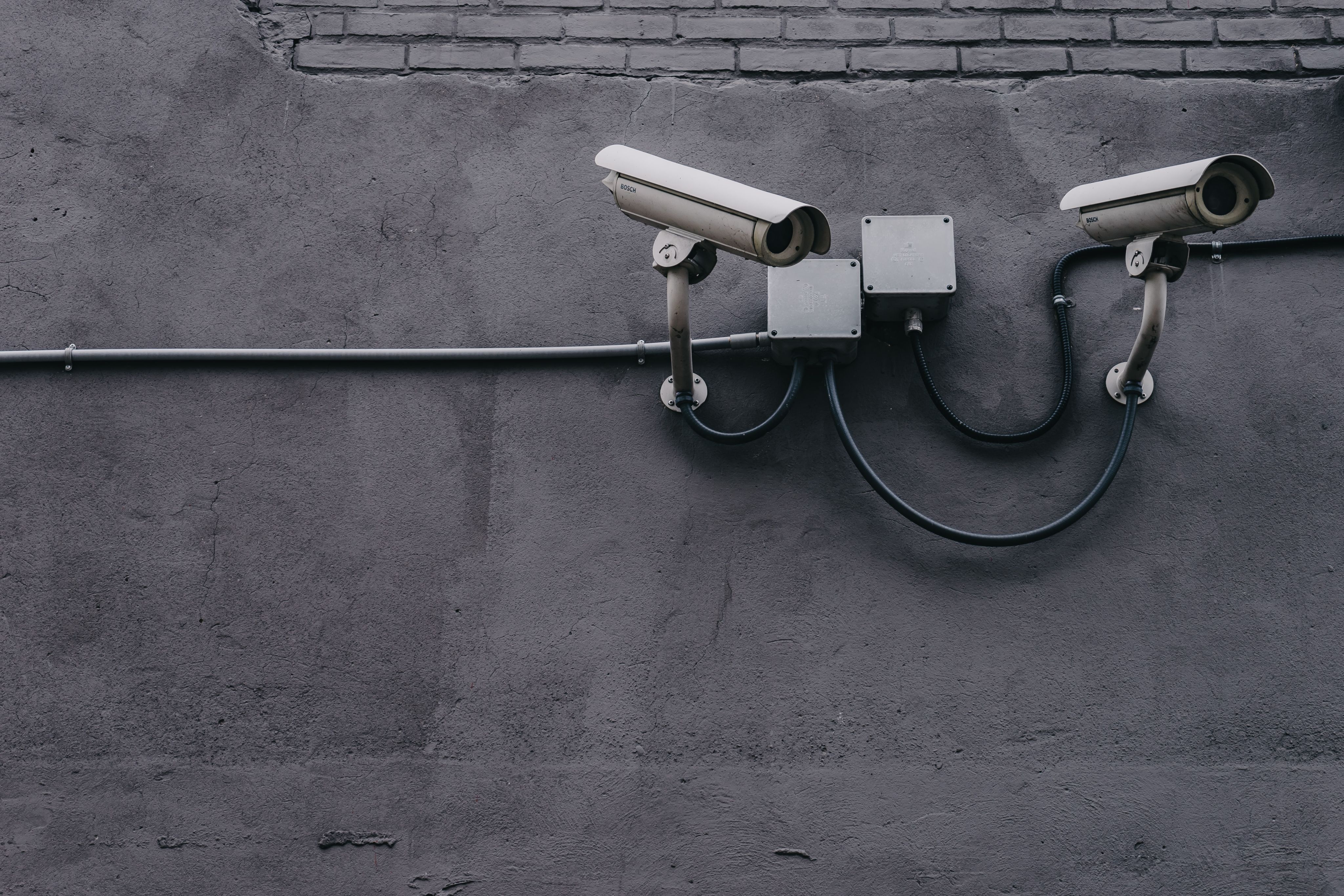
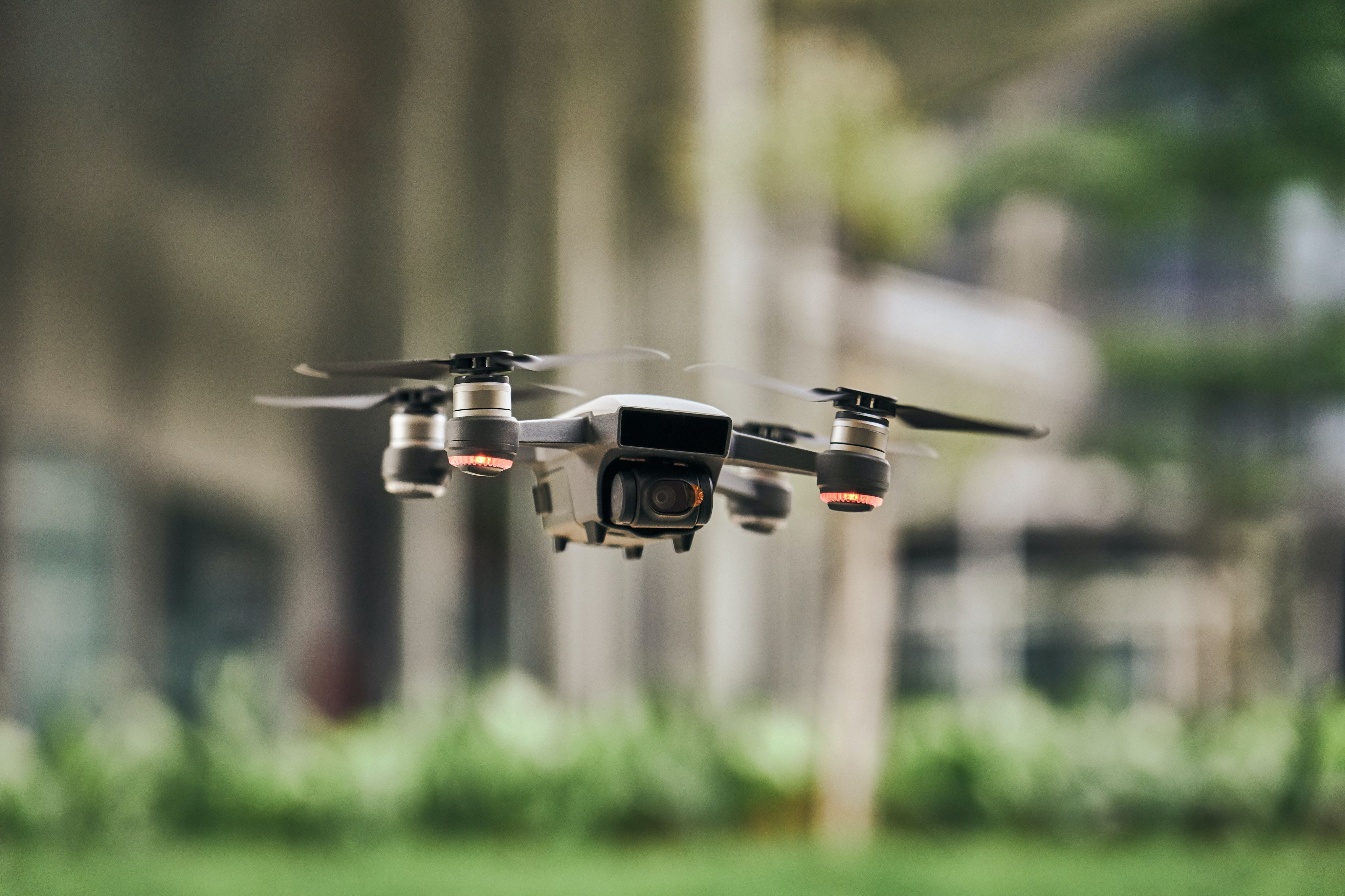
“This includes normally private places such as people’s homes. Drones mean that there are now fewer places where we can definitely escape the gaze of others so it’s an issue that requires an entire legal and philosophical rethink of the way we conceive of space and ownership of it.”
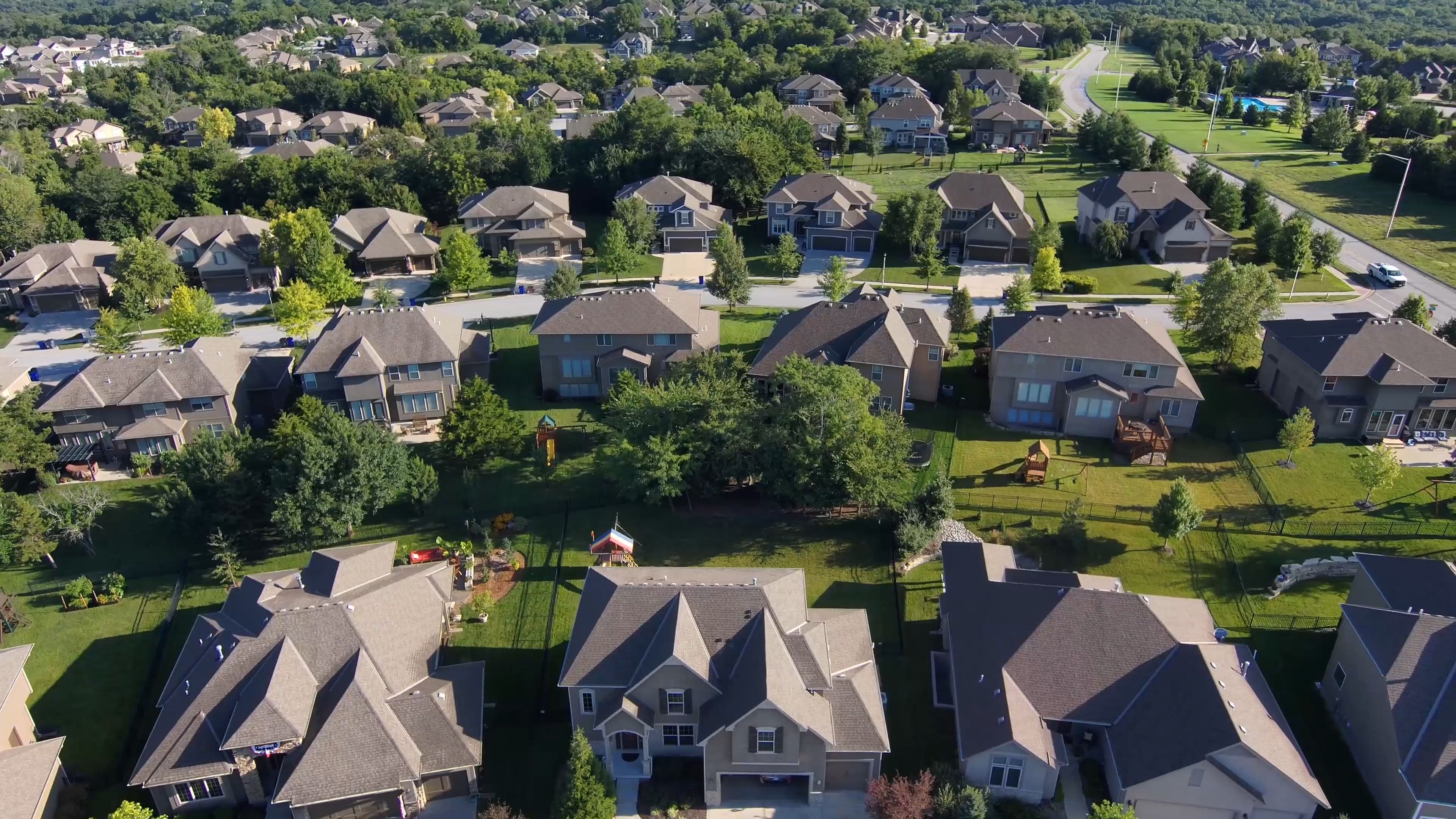
As part of her research, Dr Moreham is working out the best way to clearly articulate what constitutes private spaces as opposed to public ones.
“I’m trying to devise a series of questions you might ask if, say, a drone is filming you. They include things like where you are, what you are doing, and what indications you have given that your activity is private,” she says. “If, for example, you are inside with the door shut, that’s clearly an activity that’s not intended for outside viewing—by going behind a wall you’ve indicated it’s private. I’m trying to work out the best way to spell that out that in a legal sense.”
Live by the sword, die by the sword?
Dr Moreham says even though celebrities might deliberately seek the limelight, that shouldn’t mean their private lives are a free-for-all.
“At the moment if somebody’s in public they have very few protections on the use of their image. We saw this in the well-known court case which the television presenter Mike Hosking took against a women’s magazine that wanted to publish photos of his children—the court said that publication would be acceptable.
“But there has been a case in the United Kingdom—whose decisions heavily influence ours—where a photographer wanted to sell images of the writer J.K. Rowling’s children. The court in that case found the newspaper had breached the children’s privacy, so it would be interesting to see how New Zealand would treat this issue now that the law has moved on since the Hosking case.”
Related links
Private correspondence vs the public interest
Emotional cost of privacy court challenges may be too high
Rutherford Discovery Fellowship
